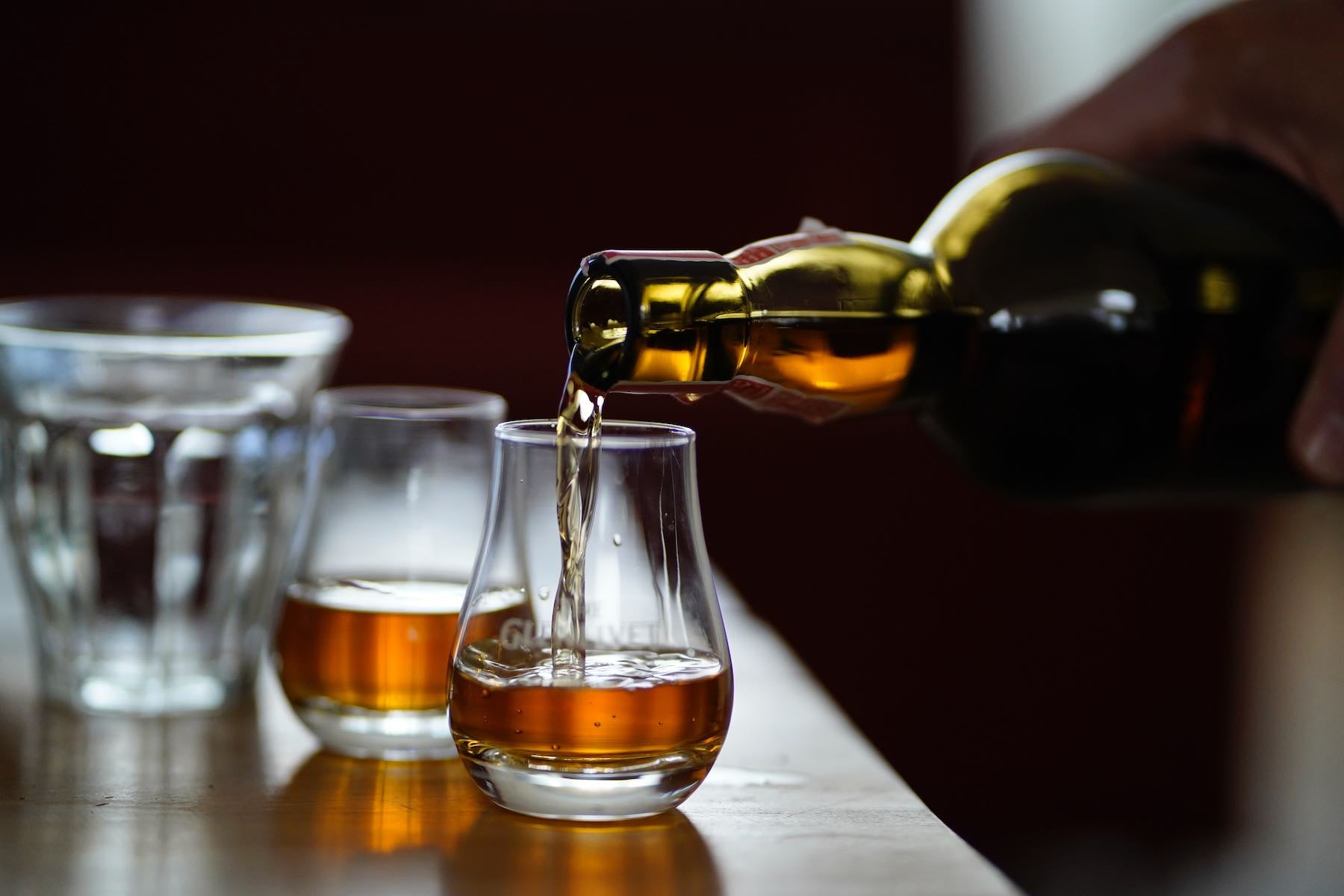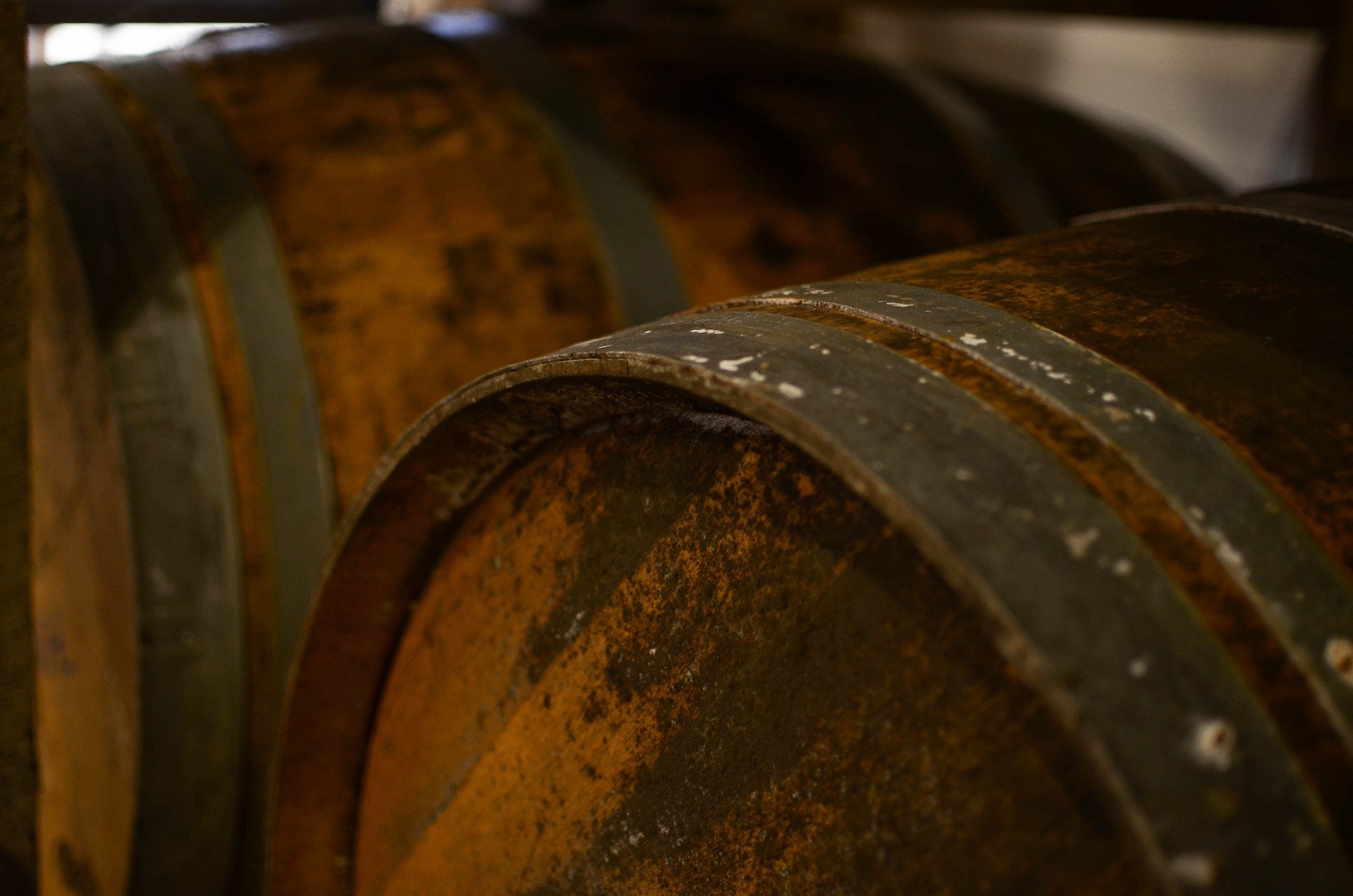
What types of whiskies are best for investment purposes?
Investing in whisky can be both fun and profitable. But like any investment, it also carries risks. So it's vital that you do your research and homework, and spend within your means.
There are some things you can look out for, as you seek out bottles with the best investment potential. Here are six things to look out for, plus one alternative approach to investing in whisky.
1. Rare and limited edition whiskies
As with any commodity, supply and demand dictate value. So it stands to reason that a rare whisky that was released in low quantities will have more potential to increase in value than a whisky produced in tens of thousands.
Limited edition whiskies can be difficult to get though - as they are limited editions! And, it is important not to pay over-the-odds. A good way of buying rare releases is via ballot direct from the distilleries. It can be a bit hit-or-miss as to whether you're able to bag a bottle, but paying retail is always preferable to paying more on the second market.
2. Old and vintage whiskies
Whiskies that have been aged for a long time are particularly exclusive. Linked to the above point, there are simply fewer old age statements than young age statements. Looking out for whiskies aged 21 years or older can be worthwhile.
3. Well-established brands
The value of a brand matters in all walks of life - from fashion, through watches, to cars. This is true of whisky too. There are certain brands that are particularly collectable. Macallan is perhaps the best example. But there are others too, like Ardbeg, Bowmore, Brora and Springbank from Scotland, Karuizawa from Japan, or Pappy van Winkle from America.
4. Iconic series
Some distilleries produce series of limited edition whiskies. The Macallan is particularly well known for doing this. Series can be particularly popular with collectors, and as they search out all the releases they need to complete their collection this can drive up prices - and therefore values.
5. Discontinued bottlings
Some whiskies are only produced for a limited amount of time. If you're able to get a whisky that isn't being made any more, it will become increasingly desirable as a dwindling stock of bottles is slowly opened and enjoyed.
6. Whiskies with high ratings and awards
Clearly, a whisky that is well-reviewed is going to be more popular than a whisky that is poorly reviewed. And whiskies that have a good rating are likely to be opened and enjoyed. Similar to the above point, this reduces supply and therefore works in favour of increasing your bottle's value.
Investing in whisky casks
Another way to invest in whisky is to buy whisky casks. This is a larger investment than buying bottles. But, it does have a particular benefit over bottles. As the whisky ages in the cask, its flavour improves and so it becomes inherently more valuable. This isn't true of bottles - you're just relying on market forces to increase their value.
If you'd like to learn more about investing in whisky casks, download our free Cask Investment Guide here, or speak with one of our whisky cask experts.



